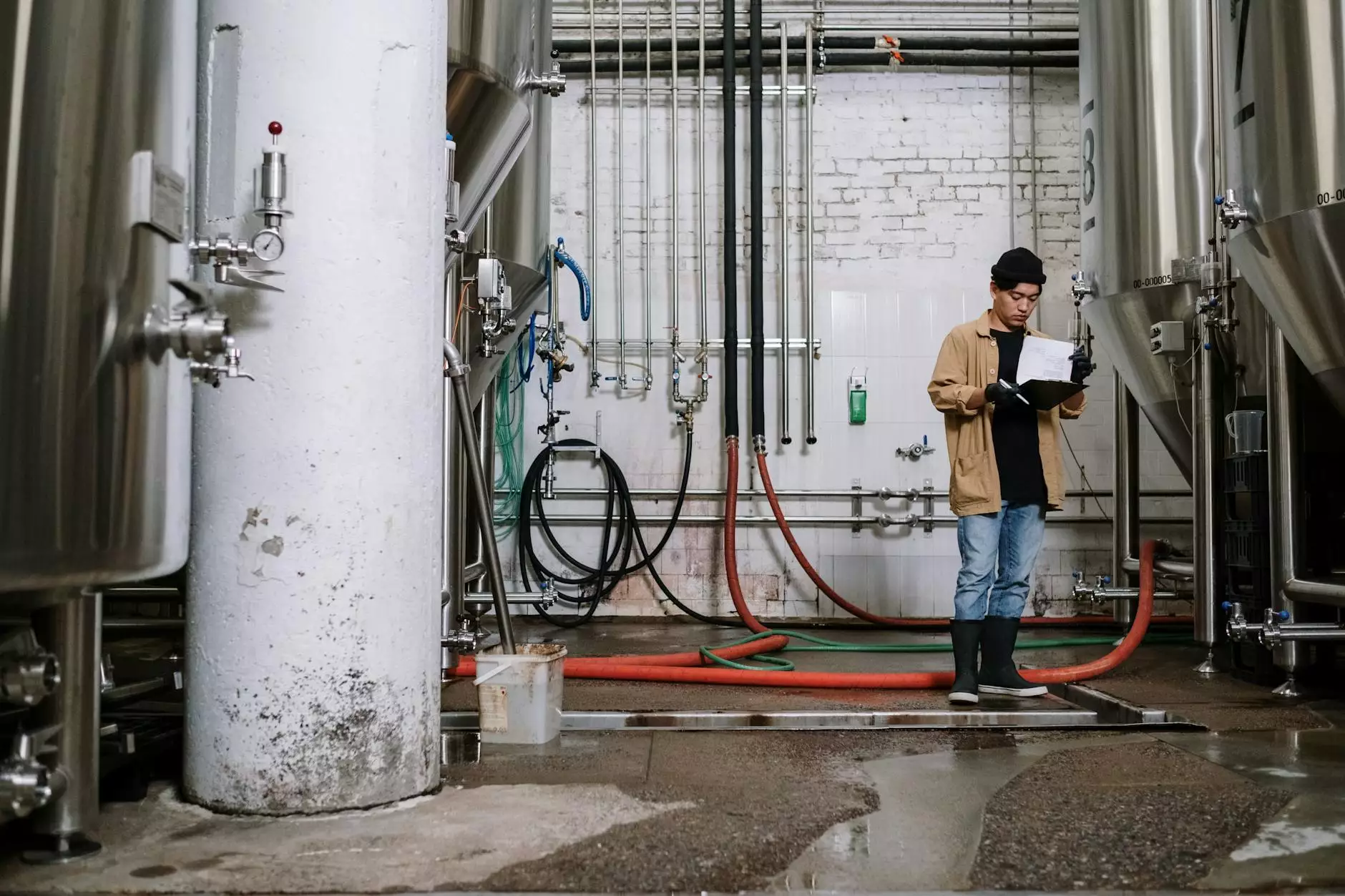Understanding CT Scans for Lung Cancer Diagnosis

In the realm of medical diagnostics, few technologies have revolutionized our ability to detect and manage complex conditions like lung cancer as significantly as the CT scan. This advanced imaging technique plays a crucial role in providing health professionals with detailed insights into a patient's condition, leading to more accurate diagnoses and optimally tailored treatment plans.
What is a CT Scan?
A CT scan, also known as computed tomography or tomography, is a medical imaging procedure that employs X-rays to create detailed cross-sectional images of the body. Compared to traditional X-rays, CT scans provide a far more comprehensive view, enabling physicians to visualize organs, soft tissues, and bones in great detail.
Why CT Scans Are Essential for Lung Cancer Diagnosis
Lung cancer remains one of the leading causes of cancer-related deaths worldwide, but early detection can significantly improve survival rates. Here's why CT scans are indispensable in the diagnostic process:
- Early Detection: CT scans can identify lung nodules that may not be visible through standard X-rays, allowing for earlier intervention.
- Detailed Imaging: They create more detailed images of the lungs, enabling doctors to determine the size, shape, and position of tumors.
- Monitoring Progress: CT scans are essential for tracking the effectiveness of treatment over time, helping to assess whether a tumor is responding to therapy.
- Guiding Treatment Plans: The detailed information obtained from a CT scan helps physicians develop more effective treatment strategies tailored to an individual’s specific condition.
The CT Scan Process
Undergoing a CT scan is a straightforward process, typically completed within a short timeframe. Here’s what patients can expect:
Preparation for a CT Scan
Preparation may vary based on the type of scan being performed. Often, patients are advised to:
- Avoid eating or drinking for several hours before the scan.
- Wear comfortable clothing and remove any metallic objects that may interfere with the imaging process.
- Inform the healthcare team about any medications, allergies, or prior reactions to contrast materials if applicable.
The Imaging Procedure
During the CT scan, the patient lies on a motorized table that slides into the CT machine, which resembles a large doughnut. Here’s a breakdown of the procedure:
- The technician positions the patient and may provide instructions on when to hold their breath to ensure clear images.
- The scanner rotates around the patient, capturing multiple images from various angles, which are then processed by a computer.
- The entire procedure typically takes about 10 to 30 minutes, depending on the complexity of the scan.
Types of CT Scans for Lung Cancer
There are various types of CT scans used specifically for lung cancer detection and evaluation:
Low-Dose CT Scans
Low-dose CT scans are particularly important for screening individuals at high risk for lung cancer, such as long-term smokers. These scans use significantly less radiation than standard CTs while still providing sufficient detail to detect early-stage lung cancer.
Contrast-Enhanced CT Scans
In some cases, a healthcare provider may recommend a contrast-enhanced CT scan. This involves injecting a contrast dye into a vein prior to imaging, which helps improve the clarity of images and highlights blood vessels and other abnormalities.
Interpreting CT Scan Results
After the scan, a radiologist will analyze the images and generate a report detailing their findings. Key points that may be assessed include:
- Presence and size of lung nodules or masses.
- Characteristics of any identified tumors, such as their shape or density.
- Evaluation of surrounding lymph nodes to check for potential spread (metastasis).
- Assessment of other organs in the chest cavity, including the heart and major blood vessels.
Role of CT Scans in Treatment Planning
The findings from a CT scan significantly influence treatment decisions. Here's how:
Surgical Options
If cancer is detected and deemed operable, the CT scan results help the surgical team plan the procedure adequately, ensuring that they can remove the tumor effectively while preserving healthy lung tissue.
Radiation Therapy
For patients who may not be candidates for surgery, detailed imaging from CT scans assists oncologists in pinpointing the tumor's exact location, which is vital for planning a targeted radiation therapy regimen that minimises damage to surrounding healthy tissues.
Chemotherapy and Other Treatments
CT scans are integral to assessing a patient's response to treatments like chemotherapy. By comparing images from before and after treatment, oncologists can determine whether the cancer is shrinking, stable, or progressing.
Risks and Considerations of CT Scans
While CT scans are incredibly beneficial for identifying and managing lung cancer, it is essential to consider some of the associated risks:
- Radiation Exposure: CT scans do expose patients to radiation. However, the benefits of early lung cancer detection often outweigh the potential risks.
- False Positives: Occasionally, a CT scan may detect abnormalities that are not cancerous, leading to unnecessary stress and additional testing.
- Allergic Reactions: Some patients may experience allergic reactions to the contrast dye, albeit this is relatively rare.
The Future of Lung Cancer Detection: Advanced Imaging Technologies
As technology advances, the future of lung cancer detection is becoming increasingly promising. Emerging techniques in imaging, such as:
- AI-Enhanced Imaging: Artificial Intelligence (AI) is being integrated into CT scans to improve accuracy in identifying suspicious areas.
- 3D Imaging: New algorithms are enabling 3D reconstructions of lung scans to offer more detailed views of tumors and surrounding tissues.
Conclusion
In summary, the use of CT scans for lung cancer diagnosis is a cornerstone of modern oncology. Their ability to identify lung cancer early on and provide a detailed view of the disease's progression empowers physicians to deliver better patient outcomes. At Hellophysio.sg, we believe in a proactive approach to health, emphasizing early detection and treatment of conditions like lung cancer through the utilization of advanced technologies. Stay informed, stay healthy, and consult a healthcare professional if you have concerns about lung health or cancer risks.
Call to Action
For an accurate assessment and advice on lung cancer screening options, including CT scans, contact us at Hellophysio.sg. Your health deserves the best care available!
ct scan for lung cancer








